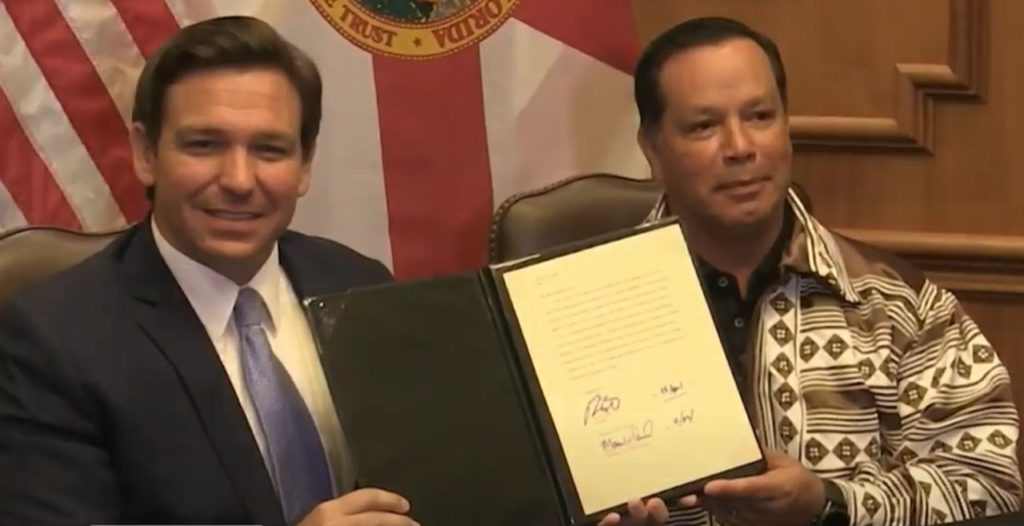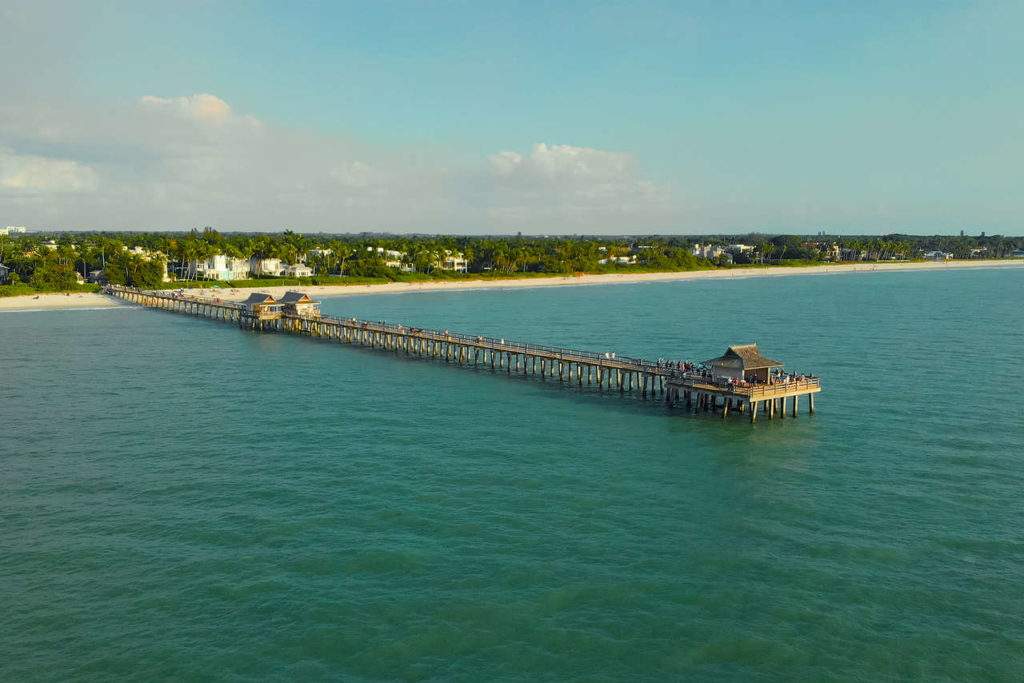
For years, discussions around the use of sports betting and sportsbooks across Florida has been controversial in the extreme. However, we are now in the process of a potential setup across Florida that would deliver a gambling monopoly for online sports betting across the entire state. Naturally, there are some questions and concerns about whether or not this is the right move. If the current bill is given final approval in the courts, though, Floridian gamblers will see a monopoly open up across the betting scene.
The court decision could see Seminole Gaming take a monopoly of the mobile gaming scene in a short space of time. Indeed, the bill has seen various battles from the likes of Fanduel and Draftkings. The two companies have fought back against the concept of a monopoly being formed, but it looks unlikely they will win. Instead, Seminole management have said that a deal could be made where a company could work with Seminole, using one of their licenses to provide gambling to Floridians.
What happens next?
Like any other legal dispute, it will come down to the quality of argument presented by both sides. Seminole will, as it stands, have to find an agreement with parimutuels within a three-month spell. This would mean they need to share 13.75% of the revenue with the state of Florida. If they are unable to find a partnership with the three parimutuels they need, though, they would need to share 15.75% of the revenue with the state.
As it stands, though, most are uncertain about what this actual agreement is going to bring to the table. Does the agreement really make Seminole likely to want to share the license? Instead, they might find it easier to take on the agreement themselves and avoid having to dole out licenses. Some fear this could create a lack of opportunity for Florida punters, with some hoping that an agreement can be reached.

Monopolies in the gaming scene do tend to leave most people with a shortage of options and it can lead to a lower quality service than should be realistically provided. Naturally, this has led to much back-and-forth debate among those involved in the industry. Some worry that the establishment of the need to gain licenses could lead to problems with other companies having no access to the market long-term. That would be a shame, because who wouldn't like to be able to choose between different sportsbooks while out and about in beautiful Florida?
Does this mean a monopoly future for Florida gambling?
At the moment, the hope is that licensing can be found so that they can avoid the need for everyone to have to turn to the one single facility. However, there is ample discussion around the need for greater competition on the market. The arguments being put forward by the likes of Fanduel might play some role in helping to avert the decision to revert to a monopoly.
For now, though, it looks more likely that the bill will pass, and Seminole will either need to find partners or pay the required rate. It will be interesting to see what happens now, as Floridians wait for a final verdict on what has been a very long-running process. We'll be following the process here at Sports Betting Guide and we're hopeful for the best.










